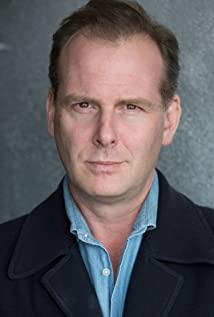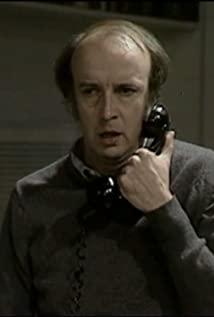The professor said: The next number in any sequence can be any natural number, but the degree of difficulty is different. Some connections are obvious, while others are difficult to explain, but it is certain that the connections between them can be found. For example, 1, 2, 3 can be followed by 4, which is the natural number sequence known to most people; but it can also be 5, which is the famous Fibonacci sequence. Of course, 1, 2, 3 can be followed by any number, and we can always find a reasonable explanation, sometimes even beyond the scope of mathematics. The professor said this, which is actually a foreshadowing, which is why he pretended to write the third pattern on the napkin, but it was actually blank. Because the third case, or more precisely, the third accident, had not happened yet, he wanted to give himself leeway. Many would say this is far-fetched, why he can foresee the next accident being necessarily linked to the first two. Then look at what he said before, this is inevitable by chance. People die every day, and even when they have no connection, smart people can find their common ground. It is this man of extraordinary intelligence who will sway the thinking of others, making his students think that every case is connected, and thus come to a terrible conclusion: serial homicides. Therefore, to create such an illusion, it is not a matter of luck, it is just a matter of time.
The professor also has a meaningful sentence: Is there a perfect crime in this world (this statement is also a complete crime that usually appears in Japanese detective novels), if there is, then it is definitely not the kind of unsolved unsolved case, but It is a crime that can successfully distract the sight and blame others. At the end of the film, in the confrontation between the professor and the student, the student pointed out that the professor's misleading indirectly led to the last tragedy, but at the same time, he did not commit a direct crime, and everything seemed unpredictable. . He used blindfolding to guide students to make absurd reasoning, in order to cover up the original crime, but inadvertently caused another tragedy. His series of actions just confirmed his definition of perfect crime.
The professor responded with an understatement to the student's accusation: If I indirectly caused the final car accident, then who caused the original murder? It's you. If you hadn't told her that you could be as free as I am, she wouldn't have killed her own mother. Obviously, it was the student's words that inspired the deceased's daughter's desire to kill, which was a psychological suggestion. Everything in the world is always inextricably linked, and it is not clear who's action caused a consequence that is not very related to him. This is the famous inference of the butterfly effect: a butterfly flapping its wings in the Pacific Ocean, will it cause a hurricane in South America? The reason why this sentence is still fresh in my memory is because when I took the Turbulence class, the teacher used this assumption as the opening remark.
To cite these few examples, I just want to show that watching this movie requires full attention. Don't think that those parts related to mathematics and logic can be ignored. If you really understand it, you won't feel that the plot is far-fetched. All accidents can be understood as inevitable, and this is the biggest feeling I have after watching it.
View more about The Oxford Murders reviews











